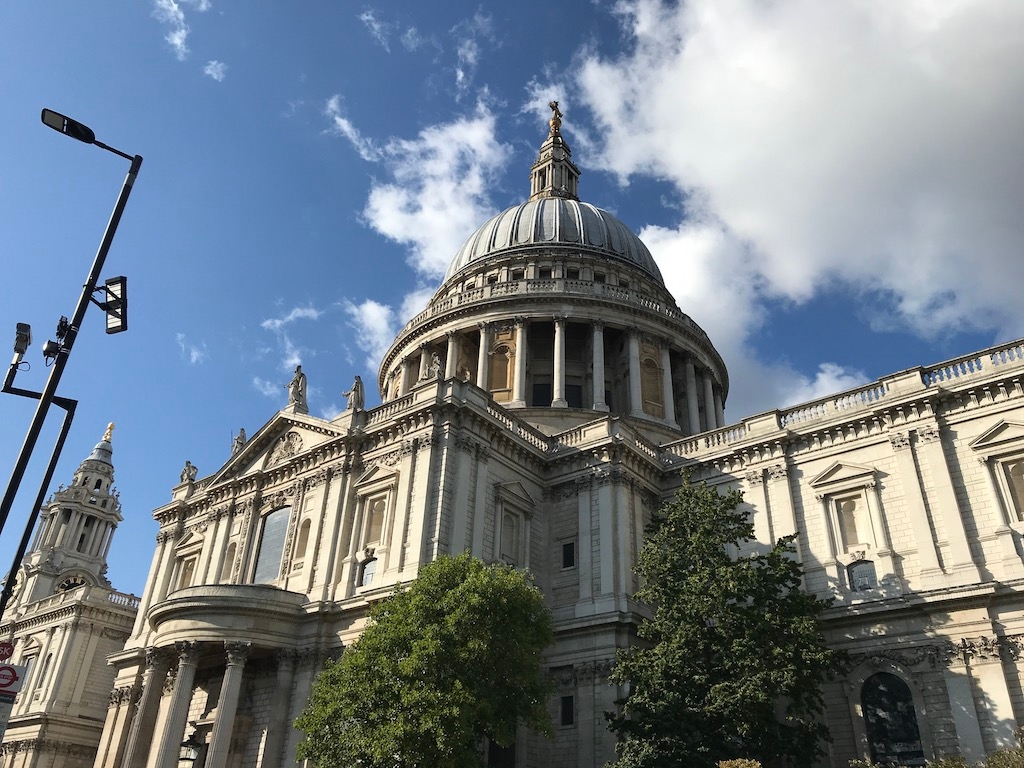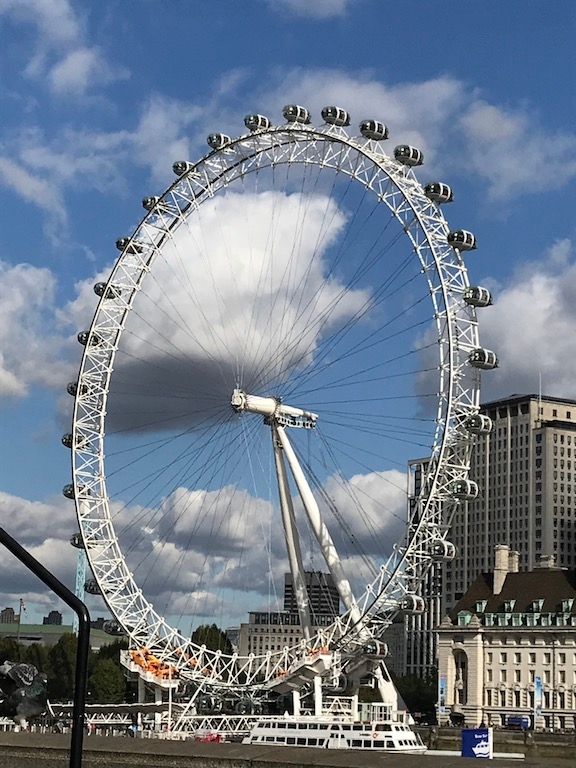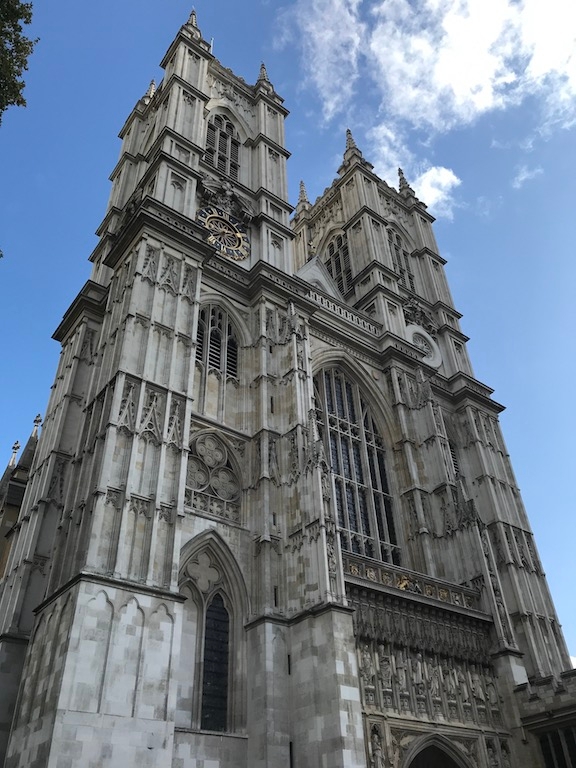Advanced Screenwriting (Core)
IDWPG-UT 1057 | 8 units | Instructor: Mark Boutros
This course provides a stimulating and challenging examination of the principles and processes of writing for the big screen, drawing on contemporary and classical screenwriting examples from British, European and American filmmaking. The program is a re-discovery of the fundamentals of writing a film: the screenplay is not a script, but should be a descriptive representation of the original film the writer has created in their imagination. Beginning with story, and exploring its possible forms and shapes; imagining characters from the inside outwards; and then situating your characters in their story world, the course provides a toolkit to assist any writer in creating not just their first feature screenplay, but all their screenplays to follow. Topics include explorations of genre, tone, style and emotion; an introduction to writing for TV; and how (and why) the film and TV industries work. Students are encouraged to participate actively in workshop development of their own and their colleagues’ scripts. By the end of the semester, participants will have completed a first draft feature length screenplay, and have directed an extract for its public presentation in a rehearsed reading; the cast recruited from students on the Tisch Shakespeare in Performance at RADA program.



